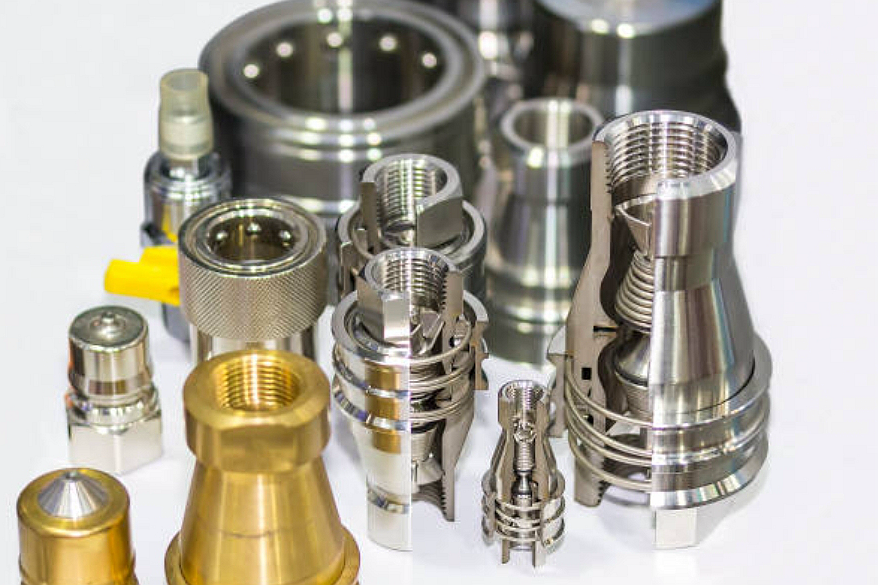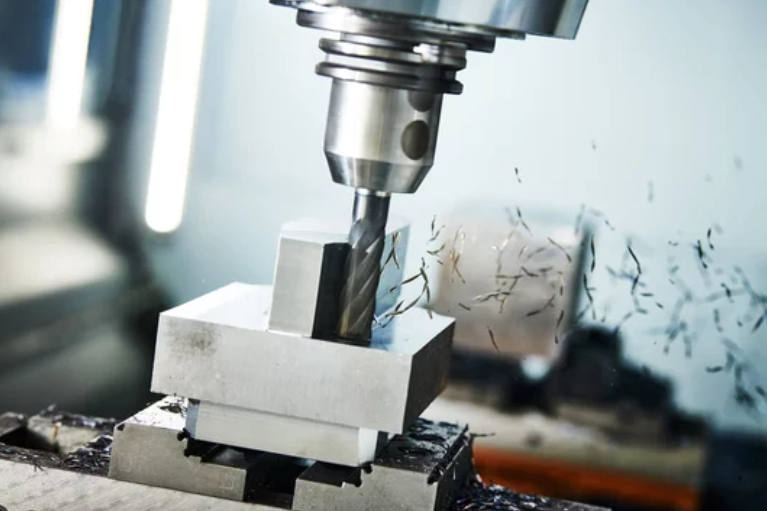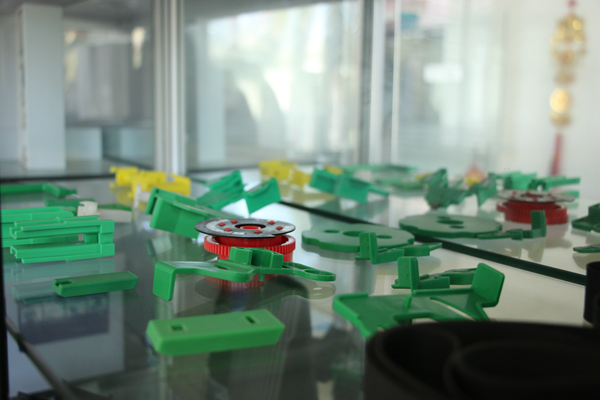What tolerances can CNC machining achieve?
What Tolerances Can CNC Machining Achieve?
Typical CNC Machining Tolerances by Process
CNC machining is renowned for delivering high-precision parts across industries such as aerospace, medical, and electronics. The achievable tolerance depends on the machine type, material, part geometry, and setup accuracy. Standard CNC machining services typically achieve tolerances of ±0.05 mm (±0.002 inch), while advanced setups and fine finishing operations can reach ±0.01 mm (±0.0004 inch) or tighter.
CNC Process Type | Typical Tolerance Range | Suitable Applications |
|---|---|---|
CNC Milling | ±0.025–0.050 mm | Housings, enclosures, brackets |
CNC Turning | ±0.012–0.025 mm | Shafts, bushings, threaded components |
Grinding (finishing) | ±0.002–0.005 mm | Precision shafts, bearing seats |
Wire EDM | ±0.005–0.010 mm | Dies, mold inserts, tool steel components |
5-Axis CNC Machining | ±0.01–0.02 mm (complex parts) | Aerospace impellers, turbine components |
Factors Affecting CNC Tolerance Capability
Material Properties: Softer materials like aluminum and plastics may deform under tool pressure, limiting achievable tight tolerances. Harder materials like stainless steel and titanium hold tighter tolerances more reliably.
Part Geometry: Deep pockets, thin walls, or overhangs increase the risk of deflection and dimensional variation.
Machine Calibration: High-end CNC systems with thermal compensation and in-process measurement hold tighter specs consistently.
Tool Wear: Degradation affects cut consistency; automated wear compensation improves reliability.
Thermal Expansion: For tight tolerances (±0.005 mm), environmental controls and post-machining stabilization are critical.
Fixturing and Setup: Rigid, repeatable setups minimize vibration and misalignment.
Industry Standards and Tolerance Grades
Tolerances are often defined using ISO 2768 or ANSI B4.1 standards. For example:
ISO 2768-m (medium): ±0.1 mm for linear dimensions <30 mm.
IT6–IT7 grades: ±0.01 mm to ±0.02 mm, suitable for high-precision fits.
High-precision CNC machining is often required for aerospace and medical components, where tolerances down to ±0.002 mm may be specified for fits, bearing bores, or fluid sealing features.
CNC Machining Support Services
Neway supports precision manufacturing with:
CNC Machining Prototyping for tight-tolerance pre-production parts
5-Axis CNC Machining for complex geometries with tight positional accuracy
Post-Machining Quality Control including CMM inspection for ISO-grade tolerances
We deliver ±0.01 mm repeatable accuracy, certified material traceability, and global shipping for demanding industries.



